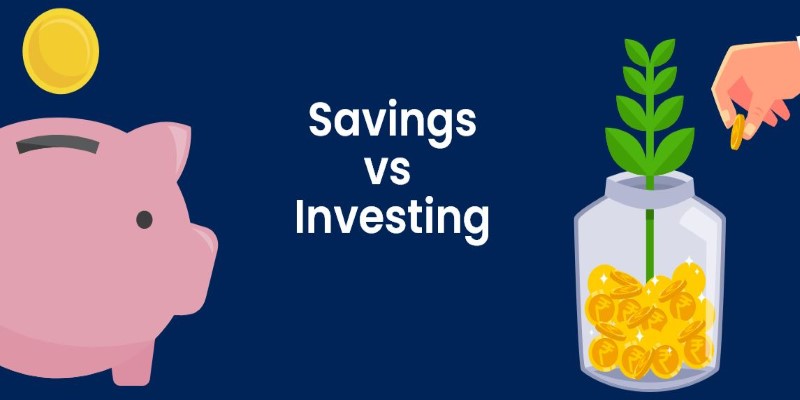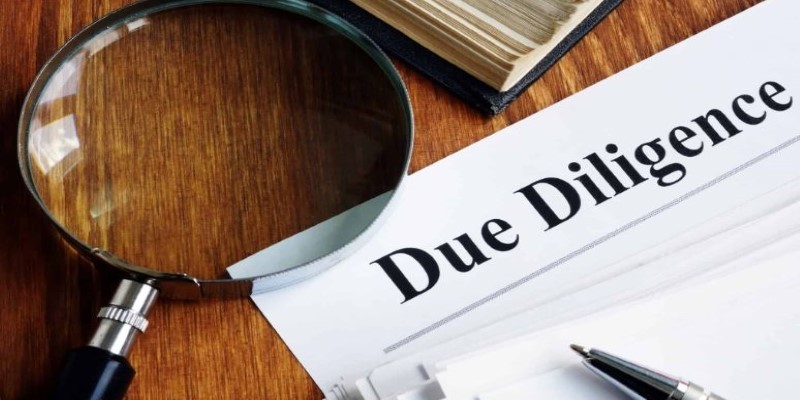Managing money wisely is not just about restricting spending—it’s about making smart choices that lead to financial security. Many people struggle to balance their income and expenses, often feeling like they are constantly catching up. The key to financial stability is spending intentionally, making informed decisions, and avoiding unnecessary expenses.
Whether you're working toward saving more, reducing debt, or planning for the future, adopting good spending habits can help you stay in control. This article covers essential tips on how to make your money go further, allowing you to achieve your financial goals with confidence.
Tips to Spend Money Wisely
Here are some key tips to help you make the most of your money while maintaining financial stability, avoiding debt, and maximizing savings for future security.
Understand Your Financial Situation
The first step to spending money wisely is understanding where you stand financially. Take a close look at your income, expenses, debts, and savings. A clear picture of your finances will help you make informed decisions. By creating a budget and tracking your spending, you can identify areas where you can cut back.

Consider using apps or spreadsheets to keep track of your expenses, which helps maintain discipline in your spending habits. Regularly revisiting your financial status ensures you’re staying on track and adjusting your budget to reflect any changes in your lifestyle or goals.
Differentiate Between Needs and Wants
One key to spending money wisely is differentiating between needs and wants. Needs are essentials like food, shelter, and healthcare, while wants are things that enhance your lifestyle but aren't necessary. To avoid unnecessary spending, try pausing before making any purchase. A 24-hour rule allows you time to think about whether the product is actually needed.
Quite frequently, this temporary delay saves you from buying impulsively and remains committed to your financial objectives. Identifying the difference between the two will make you a more intelligent consumer and maintain your expenses in conformity with your economic goals.
Set Clear Financial Goals
Spending wisely becomes much easier when you have clear financial goals. Whether it’s saving for retirement, building an emergency fund, or paying off debt, having specific targets in mind helps guide your decisions. Setting both short-term and long-term goals allows you to prioritize your spending.
Short-term goals, like saving for a vacation, are just as important as long-term ones, like buying a home. Break these goals into smaller steps and regularly track your progress. By knowing what you’re working toward, you’ll be less likely to make impulse purchases that can derail your financial plans.
Avoid Impulse Purchases
Impulsive buying can quickly sabotage your financial progress. From browsing online stores to spontaneous trips to the mall, impulse purchases often result in regret. To curb this, always make a shopping list and stick to it. Planning your purchases ensures you only buy what’s necessary and avoid distractions.
If you find yourself tempted by an unplanned purchase, try taking a step back. Wait 24 hours before buying to assess whether it’s truly essential. For online shopping, remove saved payment methods to create an extra step, giving you more time to reconsider. This simple strategy helps reduce unnecessary spending.
Look for Deals, But Don’t Be Tempted by Sales
Sales can be enticing, but a lower price doesn’t automatically make something a smart purchase. Many discounts create a false sense of urgency, making people buy things they wouldn’t have considered otherwise. Before purchasing anything on sale, ask yourself if you genuinely need it or if you’re just attracted to the discount. If it wasn’t on your shopping list before, it’s likely an unnecessary expense.
A great deal only benefits you if the item aligns with your financial priorities. Instead of chasing discounts, focus on planned purchases and compare prices to ensure real savings. Avoiding impulsive sale purchases helps you stay in control of your finances and prevents cluttering your life with things that don’t add real value.
Prioritize Saving and Investing
Spending wisely isn’t just about cutting back on expenses. It also involves prioritizing saving and investing. Set aside a portion of your income for savings and investments before allocating money for discretionary spending. An emergency fund, for example, provides financial security when unexpected expenses arise.

Once you have a safety net in place, start focusing on long-term investments, such as retirement accounts or stock portfolios. By prioritizing savings and investments, you’re ensuring that your money works for you and helps build wealth over time. This strategic approach will also help you achieve financial goals more efficiently.
Avoid Debt as Much as Possible
Debt can be a major roadblock to spending wisely. High-interest debts, such as credit card balances, can accumulate quickly and become a burden. The key to avoiding debt is discipline and careful planning. Pay off your credit card balances in full each month to avoid interest charges.
Avoid taking out loans for unnecessary purchases and focus on paying off existing debts as quickly as possible. If you do need to borrow money, make sure it’s for essential expenses and within your budget. Avoiding debt helps maintain your financial stability and ensures you can spend wisely without the stress of repayments.
Conclusion
Spending money wisely is all about making conscious, informed choices that align with your financial priorities. By understanding your financial situation, distinguishing between needs and wants, and setting clear financial goals, you’ll be better equipped to manage your money. Additionally, avoiding impulse purchases, searching for genuine deals, and prioritizing savings and investments are key strategies for long-term financial success. Most importantly, avoid accumulating unnecessary debt, as it can quickly derail your financial plans. With a little discipline and strategic thinking, you can spend wisely, build savings, and achieve your financial goals one thoughtful purchase at a time.












